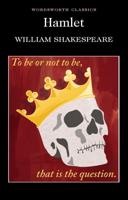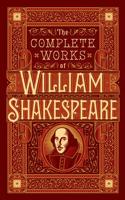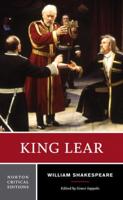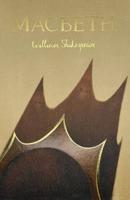Publisher's Synopsis
*Includes pictures of Machiavelli and some of the rulers he discusses throughout the book.
*Explains the historical background of Machiavelli's life and the political context within which he wrote The Prince.
*Summarizes each chapter of The Prince and explains the overarching themes presented within the famous treatise.
*Discusses lingering controversies surrounding Machiavelli and The Prince, including whether the book was intended as a satire or an effort to spark a rebellion.
Niccolò Machiavelli was born in Florence on May 3, 1469, as Florence was undergoing its transition into the Renaissance, guided by the Medicis. Machiavelli was a public servant during the Republic, losing his office when the Medicis returned to power. Despite that, Machiavelli dedicated The Prince to the ruling Medici of the time, leading some today to still speculate whether the book was a satire. Regardless, The Prince remains one of the most influential political philosophies of history, and Machiavelli himself will forever be associated for the "ends justify the means" philosophy that he wrote about and which even today is called Machiavellian.
The Prince was eventually published in 1532, though evidence exists that the manuscript was circulated before this point, which was deemed more polite than physical publication. 27 years later, in 1559, the text was, unsurprisingly, registered to the Index Librorum Prohibitorum (the Catholic Church's list of banned books) on the grounds of immorality.
The text can generally be divided into four parts. Chapters 1-11 outline the different types of principalities, and the benefits and drawbacks of each, to "discuss how such principalities are to be ruled and preserved" (II.1). Chapters 12-14 discussed military force, including how to amass and maintain an army. But it is Chapters 15-23 that make the book infamous. In these chapters Machiavelli discusses the importance (or unimportance) of morality, claiming, "it is necessary for a prince wishing to hold his own to know how to do wrong, and to make use of it or not according to necessity" (XV.2). Thus, the "ends" justify the "means."
The Prince is just as notorious today as it was nearly 500 years ago, and Machiavelli's political philosophy has never been more relevant. Everything You Need to Know About The Prince is the perfect resource for understanding Machiavelli's seminal treatise, explaining the historical context within which Machiavelli wrote it, its philosophy and historical examples, its major themes, and its influential and enduring legacy. With The Prince and its underlying themes as relevant as ever today, get caught up quickly with this resourceful guide.









